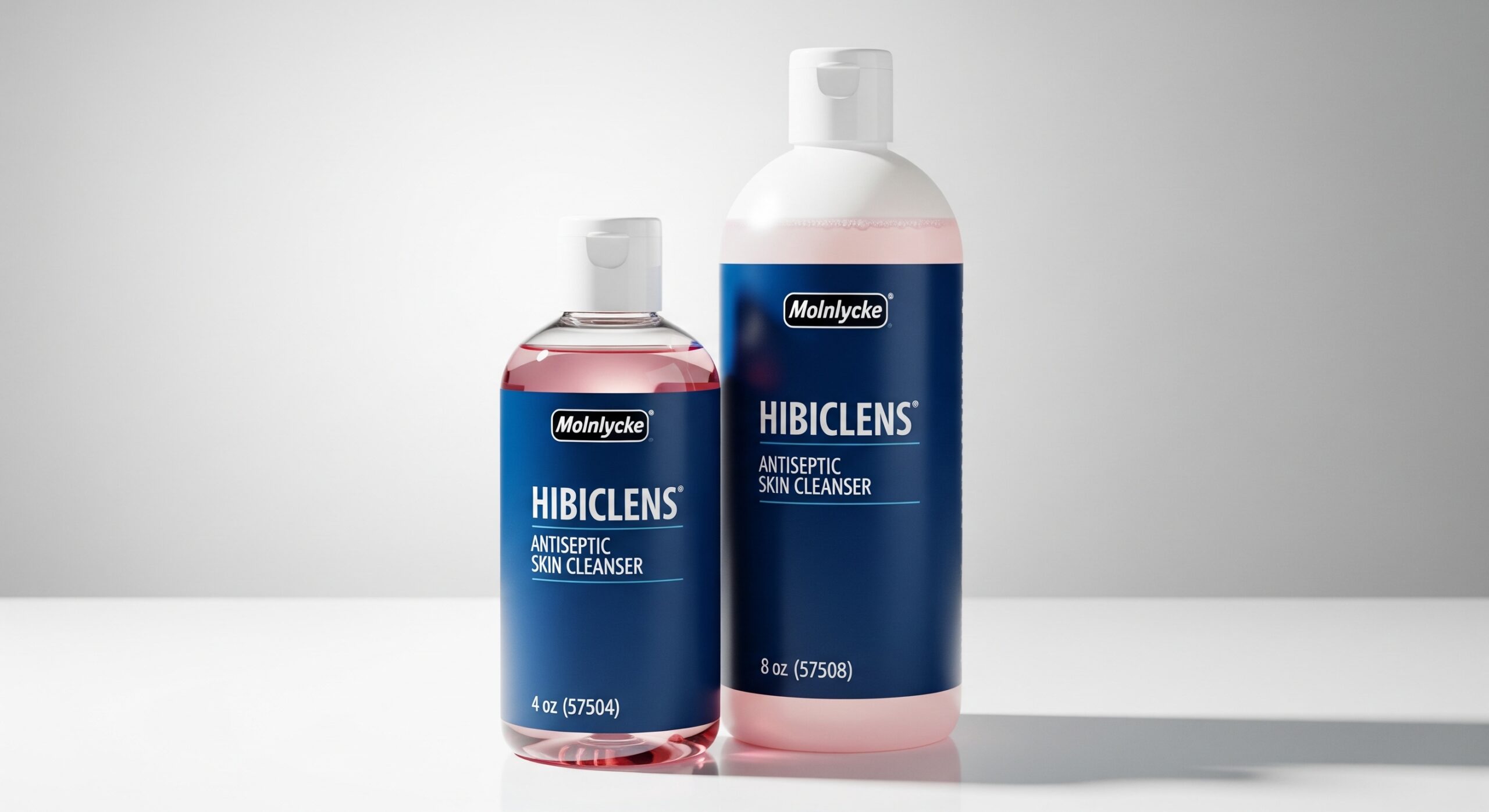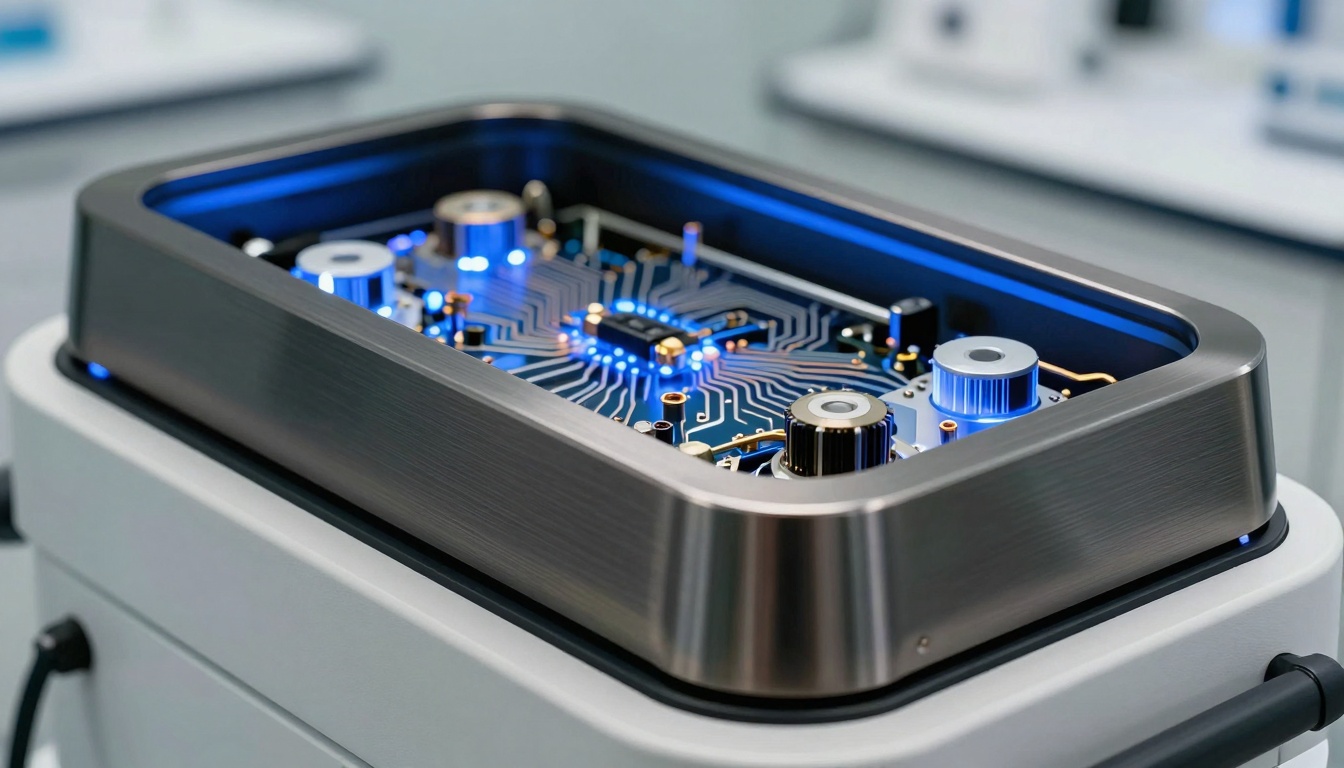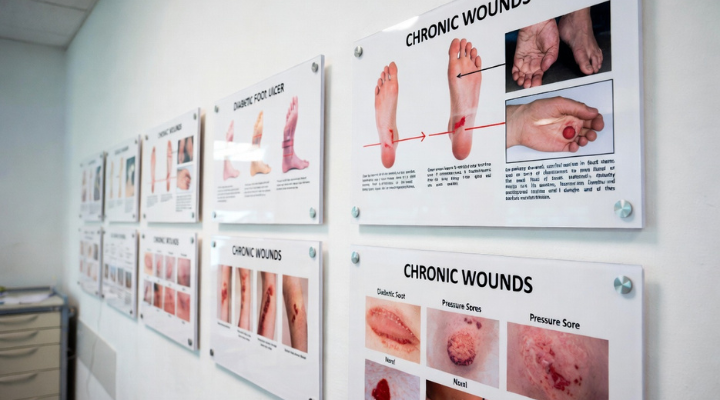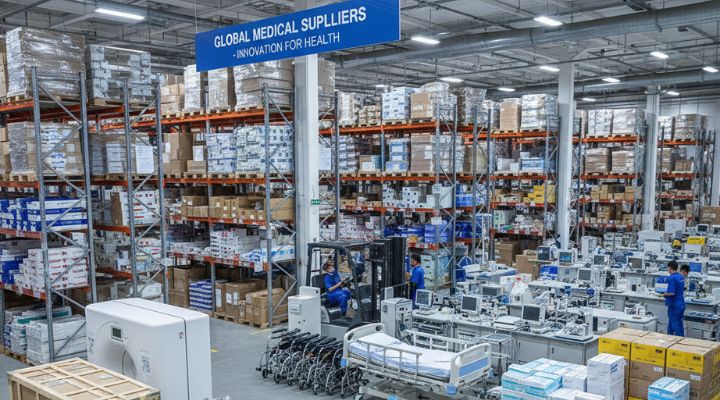7 Medical Supplies You Should Have at Home
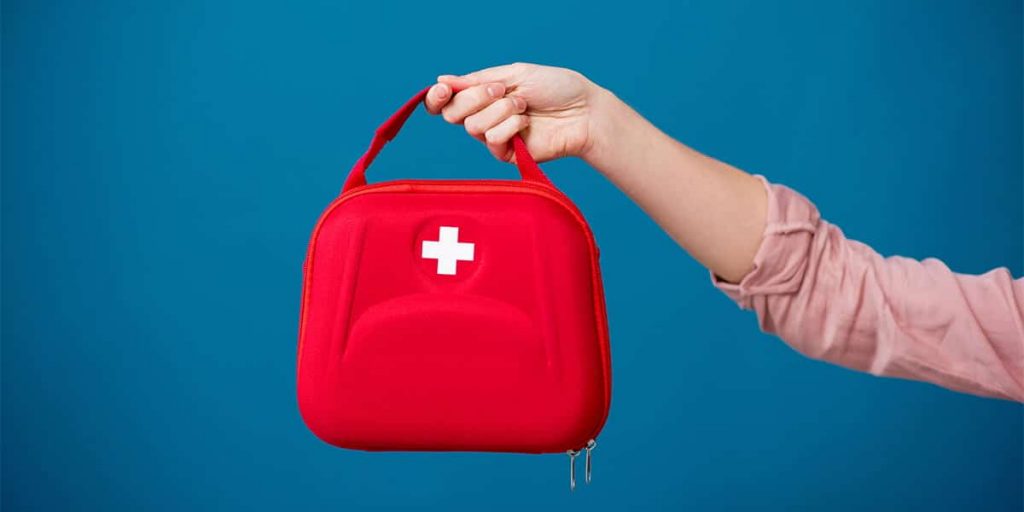
When you’re in the middle of a minor injury emergency at home and have no access to a nearby hospital, it can be vital to have medical supplies with you. Most people only think about stocking up on medical supplies once they need them. But if you have a few necessary items, you’ll be prepared for minor injuries and illnesses. Here are seven medical supplies that every household should have:
First-aid kit
A first-aid kit is an essential item for any household. It should be stocked with the supplies you need to treat minor injuries and illnesses and easily accessible in an emergency. When stocking your first-aid kit, be sure to include items such as:
- Adhesive tape
- Scissors
- Medical cotton
- Gauze pads
- Bandages
- Medical alcohol bottle
- Oxygenated water
- Alcohol wipes
- Band-aids
You may also include emergency phone numbers and copies of important medical documents.
Blood glucose monitor
Blood glucose monitors are a must-have at home for anyone with diabetes. With one, you can maintain track of your glucose levels to make necessary adjustments to your diet and insulin regimen.
Checking your blood sugar level at home is much more convenient than going to the hospital or clinic, and it can also help you catch any problems early on.
While meters are available for purchase at many pharmacies, it’s best to get one from a medical supply store or your doctor. That way, you can be sure to get a quality product that is covered by warranty.
Cough syrup that contains guaifenesin
Guaifenesin is a cough suppressant. It works by relaxing the smooth muscles in your throat, which allows you to cough more easily.
If you’re sick with a cold or flu and feel like your breathing has become more complicated than usual, guaifenesin can help relieve symptoms of bronchitis or asthma. You should not use this medication if you’re allergic to its active ingredient, guaifenesin.
Retail And Bulk Prices. We Help You Order That Medical Supply You Need!
Over-the-counter antibiotics
There’s no need to run to the doctor or pharmacy every time you or a family member gets a minor cut, scrape, or infection. You can quickly and effectively treat many common ailments at home with over-the-counter (OTC) antibiotics.
OTC antibiotics are safe and effective when used as directed. They are typically taken orally (by mouth) in pills, capsules, or liquids. OTC topical antibiotics are applied directly to the skin. Always follow the instructions on the labels of OTC products and talk to your doctor or pharmacist if you have any questions.
Some common OTC antibiotics include:
- Penicillin: Used to treat strep throat, ear infections, and sinus infections.
- Amoxicillin: Used to treat bronchitis, pneumonia, skin infections, and bladder infections.
- Ciprofloxacin: Used to treat respiratory infections, urinary tract infections, skin infections, and certain types of food poisoning.
- Doxycycline: Used to treat bronchitis, pneumonia, Lyme disease, malaria, and certain types of food poisoning.
Medical thermometer
A medical thermometer is the most suitable instrument to measure body temperature and the most valuable tool for managing your home health. There are many different types of medical thermometers available on the market, so choosing one that is appropriate for your needs is essential.
Some medical thermometers are designed to use under the arm, while others may be more suitable for oral use. Consider the device’s accuracy when making your purchase.
Whether you are managing a health condition or want to be proactive about your health, a medical thermometer is an essential tool for any household.
Pain relievers
When you have pain, the last thing you want to do is go to the store and search for the proper medication. When it comes to pain, make sure you have something available for quick relief. There are a few pain relievers that you can keep on hand at home so that you’re always prepared.
- The first is ibuprofen, an anti-inflammatory medication that can relieve pain from arthritis, headaches, and menstrual cramps.
- Acetaminophen is another option that can be used to treat pain from headaches, muscle aches, and toothaches.
- Aspirin, if you’re looking for something a little stronger. Aspirin works by thinning the blood, which can help to reduce swelling and inflammation.
Topical antiseptics
Topical antiseptics are solutions applied to the skin to kill bacteria and other microbes. They can be used to clean wounds, treat infections, and prevent the spread of illness.
Topical antiseptics are available without a prescription and can be found at most pharmacies and medical supplies stores. When selecting a topical antiseptic, choosing one appropriate for the type of wound or infection being treated is vital.
It is essential to follow the directions on the packaging carefully to avoid irritation or other side effects. Topical antiseptics can be an effective way to treat skin infections when used correctly.
Conclusion
So now you have all the basics of first aid. You should be able to treat minor injuries with these supplies and prevent more serious ones. Don’t hesitate to contact Global Supply Exchange and buy all your medical supplies in one place!
Let Us Help You Place That Order!
Leave us a message with the product you want to buy by case and we’ll get back to you soon
| [wpforms id=”470″] |

